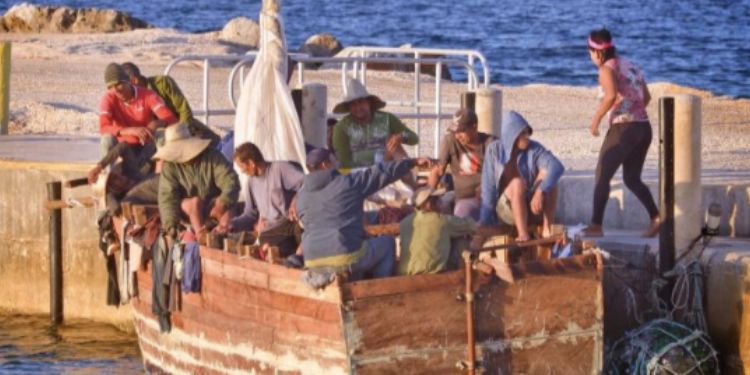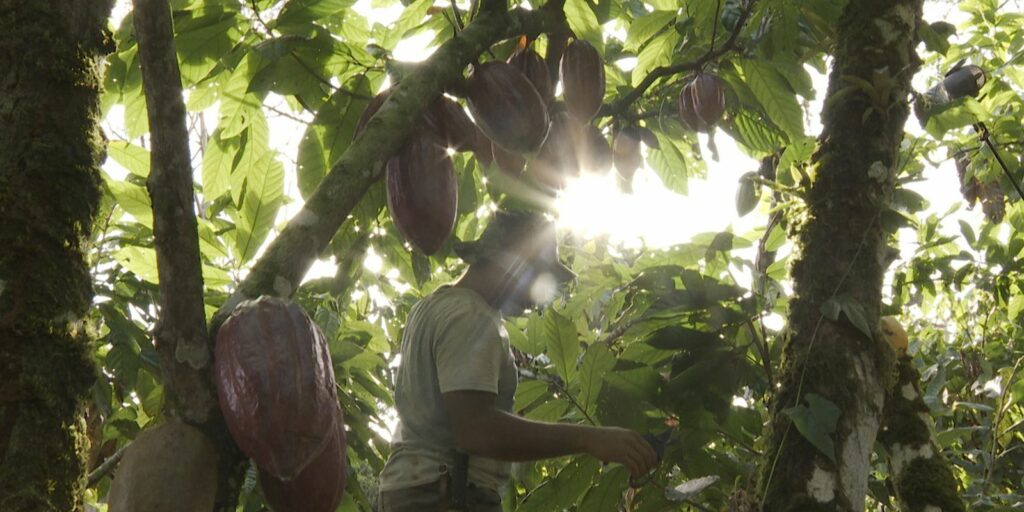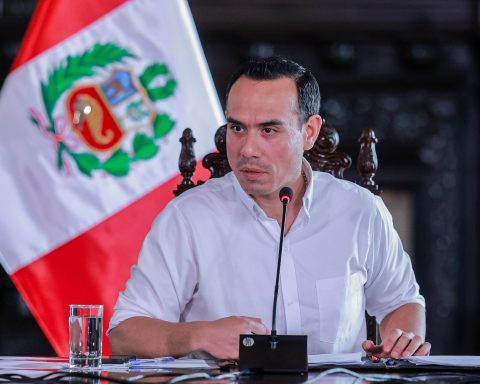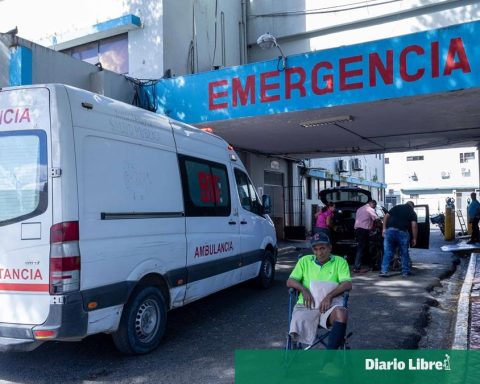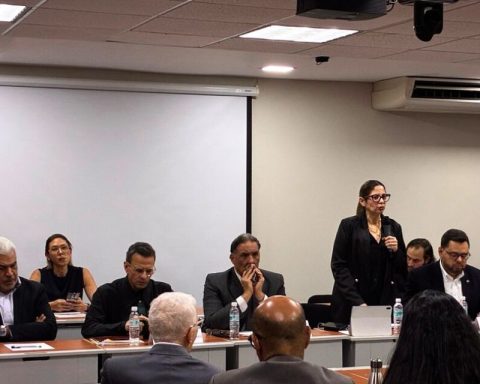A new tariff episode divides -once again- Colombian merchants, foreign trade agents, academics and clothing manufacturers. The National Government raises the demand for a 40% tax on imports of clothing, a measure structured between the Ministries of Commerce and Finance, which would replace the current 15% tax.
(Read: Prison for tax evaders: this is proposed by the tax reform).
President Gustavo Petro pointed out that this tax “will allow” the development of the clothing industry in the country, as well as stop “the great smuggling.”
Unlike the current norm, the present one will not have any type of threshold for price or gross kilogram for those imports from a most favored nation.
The draft decree states that no relief program will be modified and that the Customs, Tariff and Foreign Trade Affairs Committee will review this tax annually.
“We see that the new government has adapted this approach to defend the industry and national employment, taking into account that the fashion sector generates 29% of formal employment in the entire industry”Said Camilo Rodríguez, president of the Colombian Chamber of Clothing and Allied Industries.
Rodríguez explained that with this measure the clothing sector is not asking for protection, but rather a “commercial defense through the mechanisms of the WTO” with the aim of “defending ourselves” against measures such as dumping.
According to figures provided by the clothing industry union, in the first half of this year, fashion sector imports totaled US$1,417 million, while exports were only US$439 million. “We have a deficit in the trade balance and with this we would be increasing and generating employment in our country and would help correct the imbalance that we currently have,” Rodríguez said.
With this modification and additionally with the reopening with Venezuela, the garment manufacturers they hope to generate about 200,000 jobs.
(Also: Tax: tax on churches will go to conciliation).
The foreign trade agents were among the sectors that rejected the measure.
“It seems inconvenient to me, since it punishes formal commerce and increases the profitability of smuggling. With a 31% devaluation and a 40% tariff, the margin for smuggling is immense”, said Javier Díaz, president of Analdex.
According to Diana, seizures of textile materials, totaled $91,579 million in 10 months of 2022, 7.8% more than in the same period of the year 2021.
Emphasizing this last point, it is worth remembering that much of the clothing that enters Colombia does it through China and Panamatwo countries with which there are no trade agreements.
Miguel Espinosa, executive president of Fitac, said for his part that if this new tax was established, it would also apply to large national manufacturers, who manufacture outside the local geography. In addition, he warned that “other countries that are part of the World Trade Organization could do the same with products exported from Colombia.”
The trade union, Fenalco, warned that the costs for Colombian consumers would be 30%. “It does not seem to be a strategy for Colombia to become a regional power in clothing”said the conglomerate, who asked to convene working groups to deal with this discussion.
Camilo Herrera, founder of Raddar, predicts that as a result of the new tax and the rise in the prices of garments, “there will be a market shortage in some categories.”
(See: Guilds still view the tax reform of the Petro Government with concern).
According to data from the consultant, by September 2022, purchases of garments by part of Colombians grew by 0.8% compared to last year and 4.3% in the annual data.
Herrera recalled in turn that “Colombia’s fashion textile production chain depends on the world” and to assume that imports will be stopped and production will increase “is a very strong assumption”, because “the necessary incentives and capacities are not given. ” for this to happen.
Regarding this, Andrés Castro, dean of Business at the U. Piloto, pointed out that it should be “establishing within the productive chain completes a favoring of taxes for the national industry”.
BRIEFCASE











